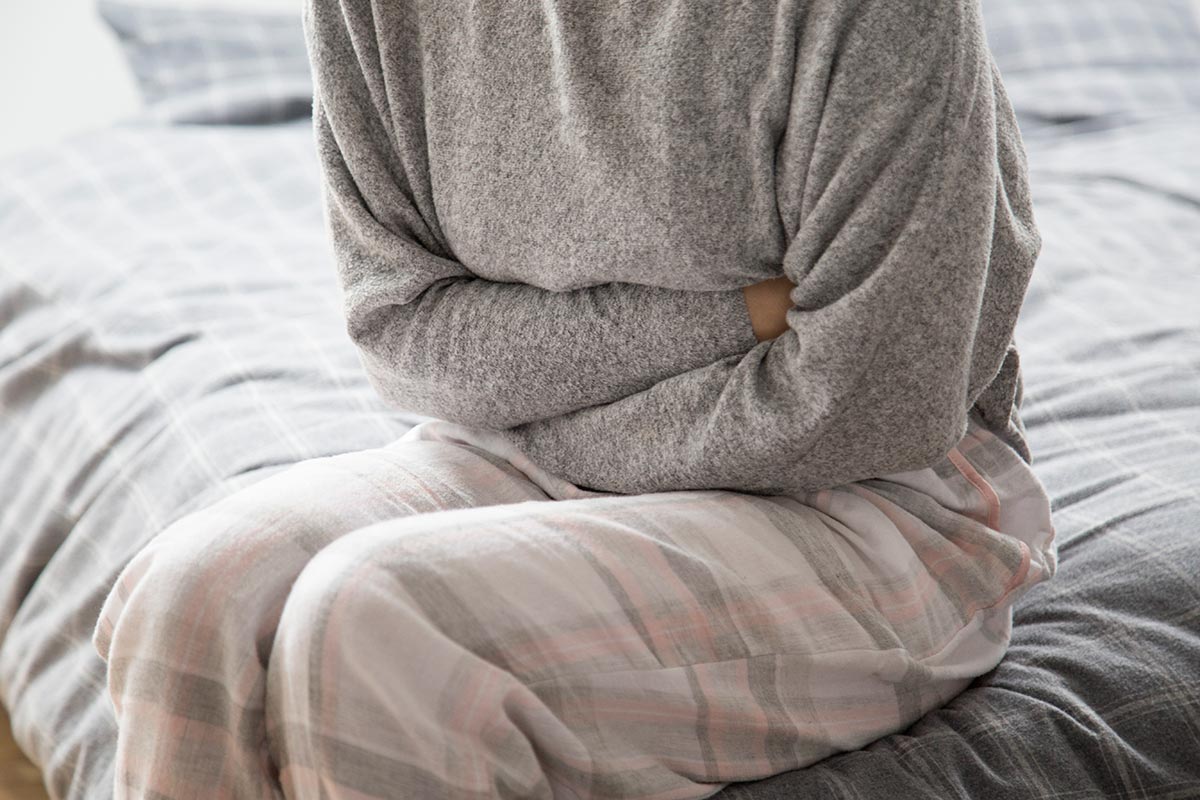
Can Constipation Be Harmful?
Can Constipation Be Harmful?
We have all experienced constipation at some point in our lives. Whether it is due to travel to a new location, difficulty adjusting to new food, or having a new lifestyle. But, is constipation dangerous? What causes it to begin with? Let us learn more about this condition on the occasion of Constipation Awareness Month, a global healthcare event observed in December.
What exactly is constipation?
Constipation is a common health problem that affects people of all ages. It is a condition in which you have difficulty passing stools on a regular basis or are unable to completely empty your bowel. When stools remain in the large intestine for an extended period of time, the colon absorbs too much water from them, causing them to become hard and dry.
Constipation is defined as having fewer than three bowel movements per week. You suspect or believe you did not completely empty your bowels.
The severity of constipation varies from person to person. Many people have constipation for a short time, but for others, it can be a long-term or chronic illness that causes significant pain in the abdomen, gut, and lower back. Constipation can also cause people to put undue strain on their bowel movements.
What factors contribute to constipation?
Constipation occurs when the colon absorbs too much water from waste (stool/poop), causing the stool to dry out and become difficult to push out of the body.
Nutrients are normally absorbed as food passes through the digestive tract. The partially digested food travels from the small to the large intestine, also known as the colon (waste). This waste contains water, which the colon absorbs and converts into stool, a solid substance. Constipation can cause food to move too slowly through the digestive system. As a result, the colon has an insufficient amount of time to absorb water from waste. The stool becomes stiff, dry, and difficult to push out.
There are several common lifestyle factors that contribute to constipation.
Consuming low-fiber foods.
Inadequate fluid intake (dehydration).
Not getting enough exercise.
Changes to your daily routine, such as travelling, eating, or sleeping at different times.
Consuming an excessive amount of milk or cheese.
Stress.
Certain medications, for example, can cause constipation at times.
Strong analgesics. Narcotics containing codeine, oxycodone (Oxycontin), and hydromorphone are examples (Dilaudid).
Ibuprofen and other nonsteroidal anti-inflammatory drugs.
Selective serotonin reuptake inhibitors are antidepressants.
Calcium or aluminum-containing antacids.
Iron supplements.
Antihistamines and other allergy medications (like diphenhydramine [Benadryl]).
Certain blood pressure medications, such as calcium channel blockers (such as verapamil, diltiazem [Cardizem], and nifedipine) and beta-blockers, are contraindicated (like atenolol).
Psychiatric drugs such as clozapine and olanzapine.
phenytoin and gabapentin are anticonvulsant/seizure medications.
Ondansetron, an anti nausea medication.
Constipation can also be caused by the following medical conditions:
Diabetes\sHypothyroidism
Cancer of the Colon
IBS is an abbreviation for Irritable Bowel Syndrome.
Disorders of the nervous system
Multiple organ diseases, for example
What is the treatment for constipation?
The cause, duration of your constipation, and severity of your symptoms all have an impact on how you should be treated for constipation.
Changing one's diet and way of life can frequently alleviate symptoms.
The following is a list of remedies for constipation.
Dietary and lifestyle changes are frequently recommended. This frequently improves the situation without the need for medications.
Increase your daily fibre consumption. Every day, you should consume 18 to 30 grammes of fibre. Fibre is abundant in a variety of fresh fruits, vegetables, and grains. Increase your intake of bulking agents such as wheat bran. As a result, your stools will become softer and easier to pass.
Drink plenty of water to avoid dehydration.
Increase your exercise frequency by going for a daily run or walk, for example. Maintain a schedule for when and where you can use the restroom, as well as the time of day. Follow your bowels' normal cycle and act immediately when the desire arises.
Try placing your feet on a low stool so that your knees are higher than your hips when using the restroom; this may help you pass stools more easily. If the medication you're taking is causing constipation, your doctor may be able to recommend a different one.
If diet and lifestyle changes are ineffective, your doctor may recommend an oral laxative.
Laxatives are a type of medication that helps with bowel movement. There are many different types of laxatives, and each one has a different effect on your digestive system.
Typically, your doctor will start you on a bulk-forming laxative. These work by encouraging fluid retention in your stools. Fecal impaction is unlikely because they will not dry up. Bulk-forming laxatives soften your faeces, making them easier to pass.
Methylcellulose, sterculia, and ispaghula husk are among the most commonly prescribed bulk-forming laxatives. When using this type of laxative, drink plenty of water and avoid taking it right before bed. It usually takes 2 to 3 days for a bulk to form.
When should you see a doctor for constipation?
Although constipation is a common condition with no cause for concern, there are times when you should see a doctor. If you have blood in your stool, abdominal pain, vomiting, or a family history of colon cancer.
If you have any of the following symptoms, you should see your doctor:
Bleeding in the rectum
Unknown cause of weight loss
Tiredness that persists
Constipation that lasts more than 14 days without relief
Can Constipation Be Harmful?
Constipation can be dangerous if left untreated. Additionally, having a bowel movement may be painful and require undue effort if you have chronic constipation. More importantly, if left untreated, it can lead to serious complications such as hemorrhoids and anal fissures (torn skin in the anus). Knowing the warning signs of constipation aids in the development of appropriate and timely therapies, as relevant symptoms and complications significantly reduce a patient's quality of life.



0 comments